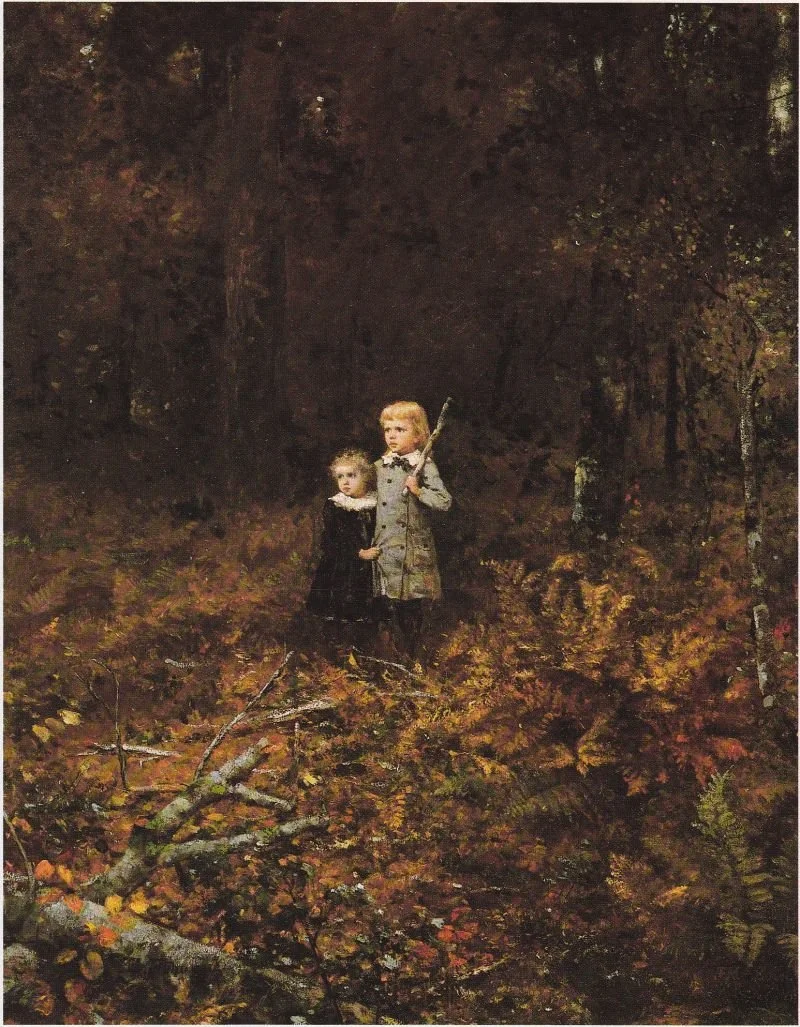
Wince+Sing
“on an age-old anvil wince and sing”
-Gerard Manley Hopkins
Wince+Sing is the official blog of Greystone Theological Institute. W+S provides biblical and theological resources for Christian scholarship, education, and devotion—all from a perspective consonant with and expressive of a comprehensive catholic and deeply Reformed, confessional Christian faith.
When Love Is Not: Learning from Early Christians
It may be a good time to draw attention to the ways–some perhaps surprising–that the horror of the sexual abuse of children relates to the Christian faith and life.
Water, Bread, and Wine
Greystone Theological Institute is pleased to announce a new full course now available on Greystone Connect.
The Trinity and the Order of Reality
The world commended to us in Holy Scripture—as the real world to be inhabited by faith—is, in fact, a properly theological reality which is grounded in the Christian confession of the Triune God and of His good and holy purposes for His creation.
Eastern Orthodoxy and Calvin's Doctrine of Union with Christ
What can we as Protestants in the western tradition glean from the Eastern Orthodox regarding this notion of theosis? What theological pitfalls should we guard against in thinking on this topic, and how can Calvin's doctrine of union with Christ help us?
Domestic Violence and the Exodus as Paradigmatic Framework
This particular lecture considers how the Exodus serves as a paradigm for redemption in Christ and Christ's relationship to the Church, and therefore as a paradigm for the marriage relationship.
A Clean Union With the Levitical Woman
Leviticus 15 depicts intercourse and its physiology as a tabernacle scene. It places ordinary and proper sexual intercourse at the center (v. 18), and, as the chiastic structure makes clear, varying levels or degrees of impurity occupy the surrounding "areas" of that center just as in Israel's encampment and wilderness.
Woman, Womb, and Wellspring
I cannot refuse the Church while I plead for her health: after all, in divine grace, the solution is in her, too. Yes, in her. As I point to what the Church must become in order to be, in deed and not just in word, the safest place for a woman, I will ask us to love our Mother:
Woman, Childbirth, Impurity, and Leviticus
Modern criticism has functioned for at least a century with a default reading of Leviticus which regards it as undeniable proof-positive that the Bible is part of the problem. Instead of dismissing this notion, attending to it carefully enriches our appreciation of how Leviticus is in fact part of the solution.
Just Like a Woman, But What Is a Woman?
The statutes and ordinances of the Law, the narratives, a wide range of biblical types and figures, the wisdom literature, and the New Testament Gospels and Writings all commend to us a vision of the unique theo-ontology of a woman as a kind of sacred space.
We Have a Solution (But Do We Want It?)
I would like to invite you into the biblical solution for a grievous problem—the principled maltreatment of women in culture and too often in the Church—by way of a most intriguing and theologically rich biblical motif: the eschatological ultimacy of the feminine as a kind of sacred space.
We Have a Problem
There is much talk of church planting, missions, doctrinal orthodoxy, and the rosiest versions of a given denominational history. Meanwhile men are harming their wives and calling it an exercise of their headship.
Stepping Back From Mary to the Roman Catholic Question: Why the Remedy for Converts to Rome is a Better Reformed Church, and Perhaps a Reckoning
Reading Mary forces such questions as we endeavor to do justice not only to her, a mother of the Faith, but to the One who has written of her precisely in the ways and in the time he did, and who has called us to hear what he says well.
Of Mary, Do You Know? Some Desiderata for a Reformed Mariology
Reading Mary forces such questions as we endeavor to do justice not only to her, a mother of the Faith, but to the One who has written of her precisely in the ways and in the time he did, and who has called us to hear what he says well.
Spousal Abuse, Pastoral Theology, and Pastoral Practice: The First Step.
For far too long, many have approached these questions within the ambit of that poorly disguised and misnomered field of inquiry, "practical theology," where so much is "practical" and so little is "theological." But domestic violence is in fact a rather prominent biblical theme, requiring serious exegetical labor if we will hear the Word faithfully.
After Patriarchy, Part 2: The Story of a Model
If I had a flair for the dramatic, I would say patriarchy died on November 23, 2013. There is some truth in that claim, though it's a truth having more to do with the world of scholarship than the everyday realities many people live with. Instead of going that route, then, I will suggest that November 23, 2013 is one of the most important dates in the convoluted story of patriarchy in the world of biblical scholarship. It is at least a date students of the topic should try to remember.
After Patriarchy, Part 1: Now What?
The curtain has been drawn. The questions have been sharpened, the stakes clarified, and the issues focused. And the dust is starting, it seems, to settle. Now -- now -- is the time to stretch our reading to the other side of this debate, to add Davidson to Davenant, Block to Bavinck, Collins to Cyril, Milgrom to Monothelitism.
















